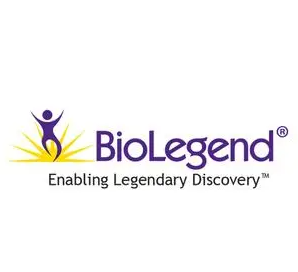Product Details
- Verified Reactivity
- Human, Mouse
- Antibody Type
- Monoclonal
- Host Species
- Mouse
- Immunogen
- A synthetic peptide corresponding to N-terminal region of human LC3B protein (between amino acid residues 1-50) conjugated to KLH.
- Formulation
- Phosphate-buffered solution, pH 7.2, containing 0.09% sodium azide.
- Preparation
- The antibody was purified by affinity chromatography.
- Concentration
- 0.5 mg/mL
- Storage & Handling
- The antibody solution should be stored undiluted between 2°C and 8°C.
- Application
-
IHC-P - Quality tested
ICC - Verified
WB - Reported in the literature, not verified in house - Recommended Usage
Each lot of this antibody is quality control tested by formalin-fixed paraffin-embedded immunohistochemical staining. For immunohistochemistry, a concentration range of 1.0 - 5.0 ?g/mL is suggested. For immunocytochemistry, a concentration range of 0.5 - 1.0 ?g/mL is suggested ?It is recommended that the reagent be titrated for optimal performance for each application.
- Application Notes
This antibody cross-reacts with LC3A and LC3B isoforms.
Additional reported applications (for the relevant formats) include: western blotting- Product Citations
-
- RRID
- AB_2650713 (BioLegend Cat. No. 848801) AB_2650714 (BioLegend Cat. No. 848802)
Antigen Details
- Structure
- LC3 is a 125 amino acid protein with a molecular mass of 14.7 kD.
- Distribution
-
Tissue distribution: brain, heart, skeletal muscle, blood and testis.
Cellular distribution: cytosol, mitochondria, cytoskeleton, endoplasmic reticulum, cytoplasmic vesicles, autophagosome. - Function
- LC3 proteins play a key role in the selective recruitment of autophagic cargoes into autophagosomes, and serve as docking sites for adaptor proteins.
- Biology Area
- Cell Biology, Neurodegeneration, Neuroscience, Neuroscience Cell Markers, Protein Trafficking and Clearance
- Molecular Family
- Autophagosome Markers
- Antigen References
-
1. Lee J, et al. 2012. Biochem. J. 441(2):523. PubMed
2. Martini-Stoica H, et al. 2016. Trends Neurosci. 39(4)221. PubMed - Gene ID
- 81631 View all products for this Gene ID
- UniProt
- View information about LC3 on UniProt.org








